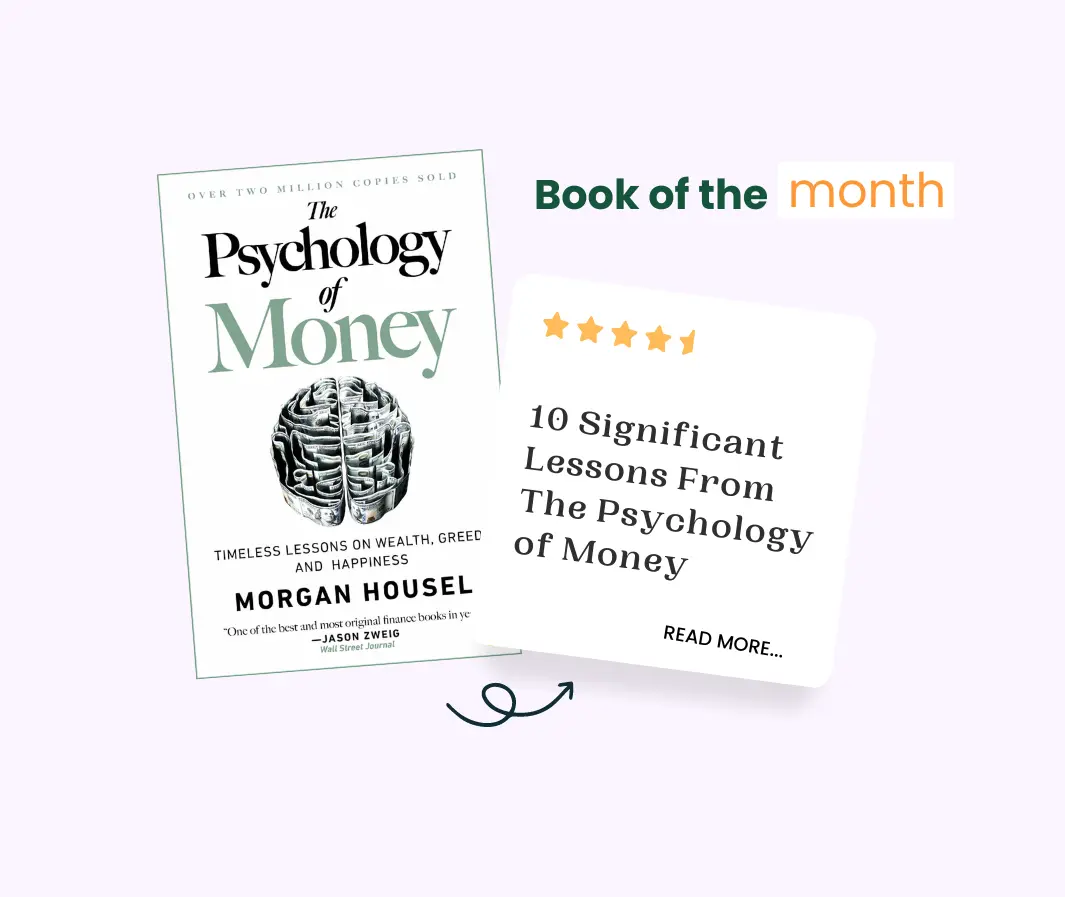
1. No One’s Crazy
“Your personal experiences with money make up maybe 0.00000001% of what’s happened in the world, but maybe 80% of how you think the world works.”
2. Luck & Risk
“Luck and risk are both the reality that every outcome in life is guided by forces other than individual effort. They are so similar that you can’t believe in one without equally respecting the other. They both happen because the world is too complex to allow 100% of your actions to dictate 100% of your outcomes.”
3. Never Enough
“Life isn’t any fun without a sense of enough. Happiness, as it’s said, is just results minus expectations.”
4. Getting Wealthy vs. Staying Wealthy
“There are a million ways to get wealthy … but there’s only one way to stay wealthy: some combination of frugality and paranoia.
5. Tails, You Win
“A lot of things in business and investing work this way. Long tails—the farthest ends of a distribution of outcomes—have tremendous influence in finance, where a small number of events can account for the majority of outcomes.“
6. Freedom
“The ability to do what you want, when you want, with who you want, for as long as you want, is priceless. It is the highest dividend money pays.“
7. Wealth is What You Don’t See
“Spending money to show people how much money you have is the fastest way to have less money.”
8. Reasonable > Rational
“Do not aim to be coldly rational when making financial decisions. Aim to just be pretty reasonable. Reasonable is more realistic and you have a better chance of sticking with it for the long run, which is what matters most when managing money.”
9. Surprise!
“The correct lesson to learn from surprises is that the world is surprising. Not that we should use past surprises as a guide to future boundaries; that we should use past surprises as an admission that we have no idea what might happen next.”
10. When You’ll Believe Anything
“Stories are, by far, the most powerful force in the economy. They are the fuel that can let the tangible parts of the economy work, or the brake that holds our capabilities back.”
Click here to buy this book: The Psychology of Money